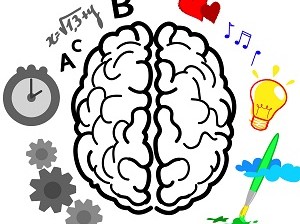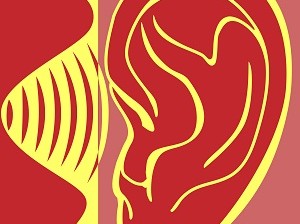22 Apr Breaking Down Language Structure and Function

Grammar Acquisition Some experts suggest that a correctly formulated adult grammar is acquired by children on the basis of sentences they hear in their first few years (Pinker, 1984, p. 5). The proponents of this theory assume that a young child perceives sentence structure or is able to detect elements of grammatical structure – a […]
18 Apr Irrational Language Rules

Language and Utterances Now let’s narrow the focus from communication to language. To avoid confusion, let it be clear from the outset that this discussion is not concerned with computer-programming languages, but “natural languages.” Computer languages have built-in or “prescriptive” regularity called a formal syntax. They are easy to describe, and they are obedient to […]
10 Apr Talking About Computational Linguistics

Computational Linguistics Today Massive strides have been made in the cognitive definition of thought, perception, culture and language. The interaction or kinship of all these elements of the human experience is also better defined. This combined work has increased our self-awareness and provided the basis for synthesizing and modeling automata to extend our abilities and […]
09 Apr Abstract Contexts and Fuzzy Reasoning

We do not yet know how we remember things, nor do we know how we use remembered things in reasoning. The amazing feedback loops of afferent and efferent fibers between different layers of the cortex give us some amazing clues (Hawkins 2004). Today’s discussion of abstract contexts and fuzzy reasoning is intended as a bridge […]
08 Apr Symmetrical Logic and Lineage

Symmetry may not immediately appear as a principle of logic or reason, but it should. In mathematics we learn the commutative and associative properties of addition and multiplication. These represent a mirror-like symmetry. Symmetry, or invariance against change, is a fundamental principle of physics and an underlying assumption driving some logical decisions. Causality, for example, […]
01 Apr Generating and Qualifying Propositions

What are the limits of reasoning? Is it possible to reduce every cognitive activity (telling time, falling in love, inventing rockets…) to a set of premises and conclusions: propositions? LITTLE ANIMALS ARE FURRY is a very simple proposition. Can intelligence be defined by the complexity of the sequence of propositions we can balance in evaluating a situation? I […]








